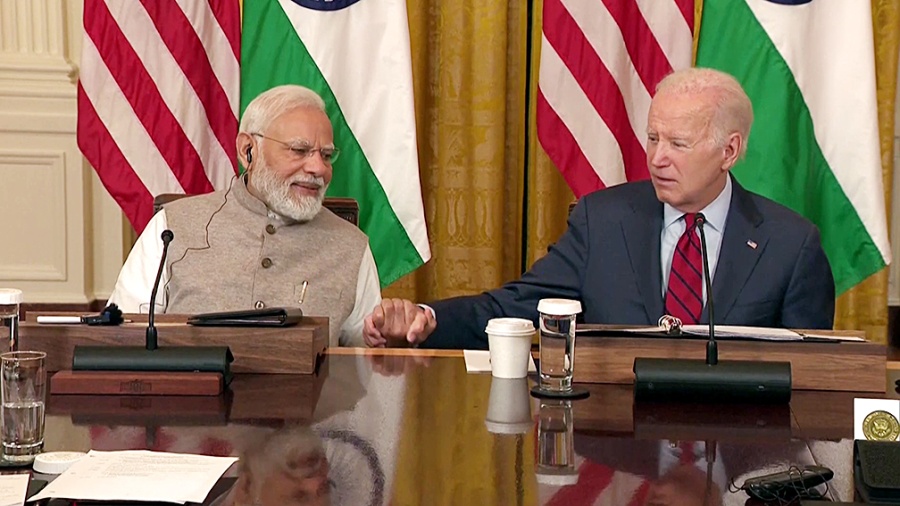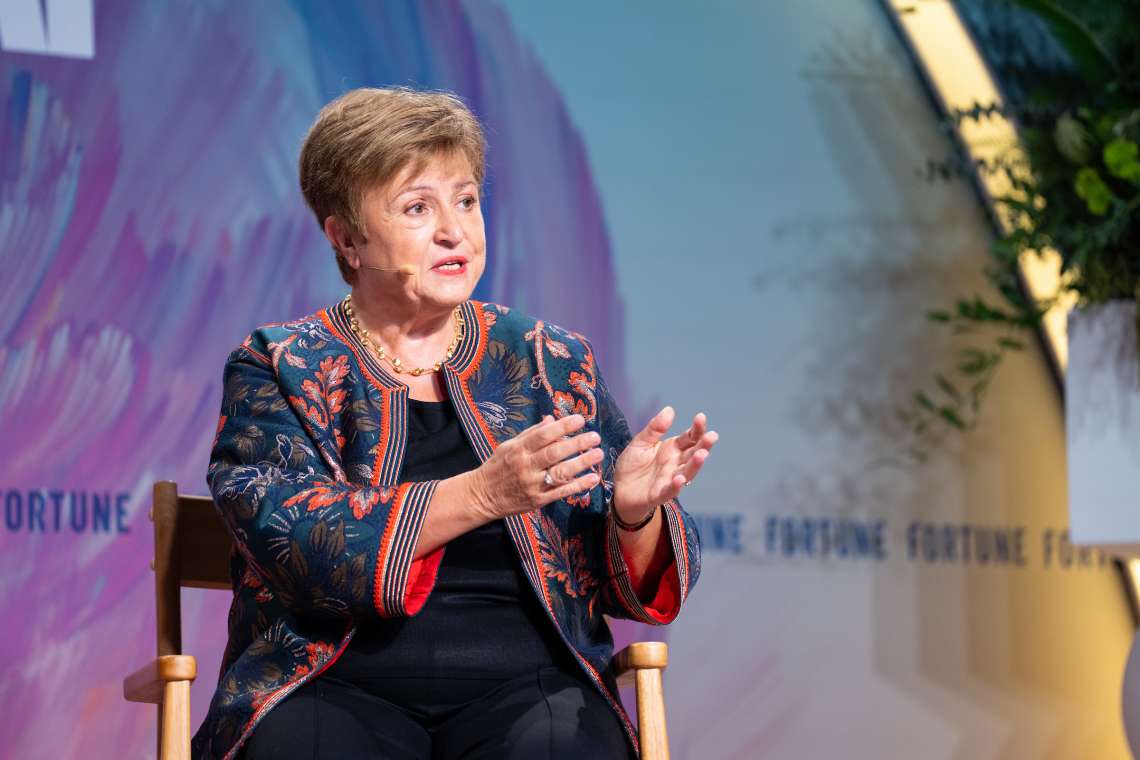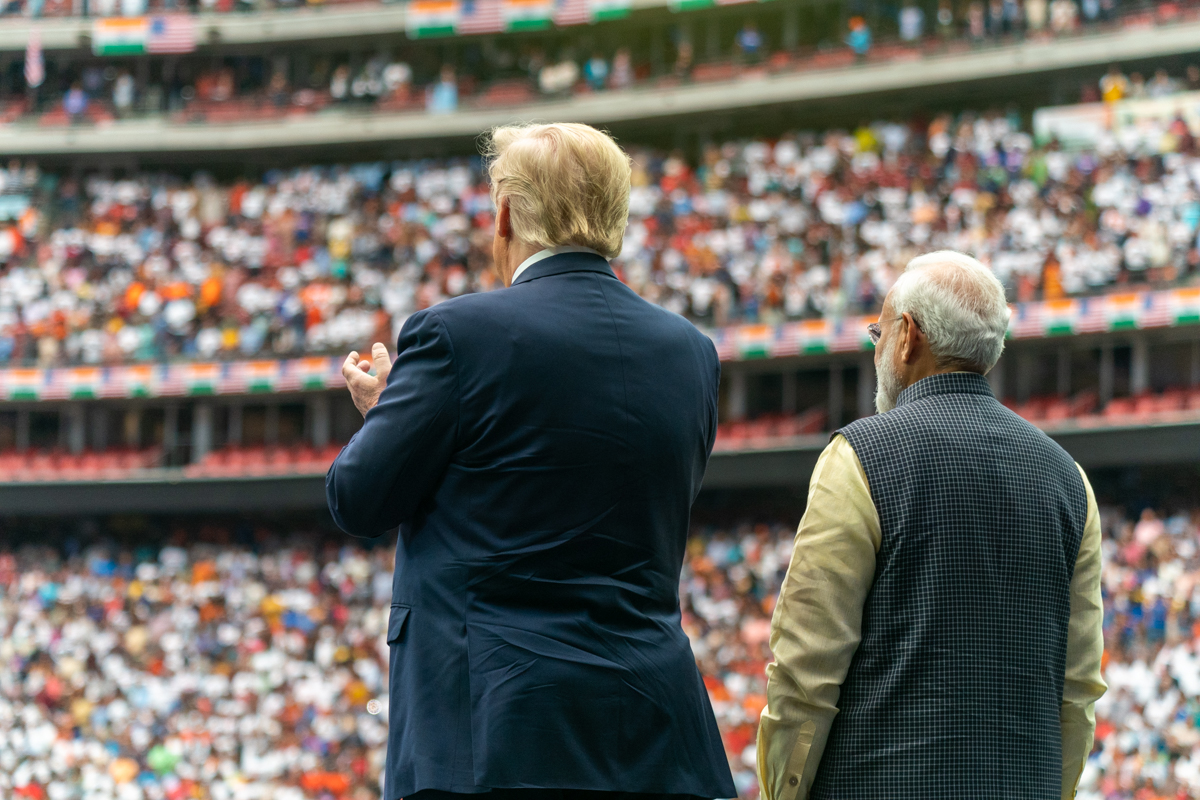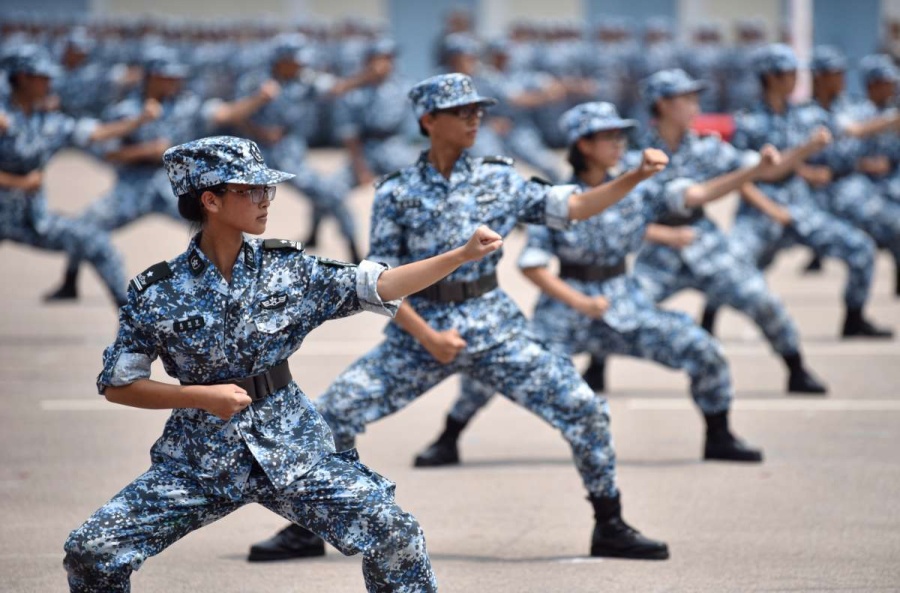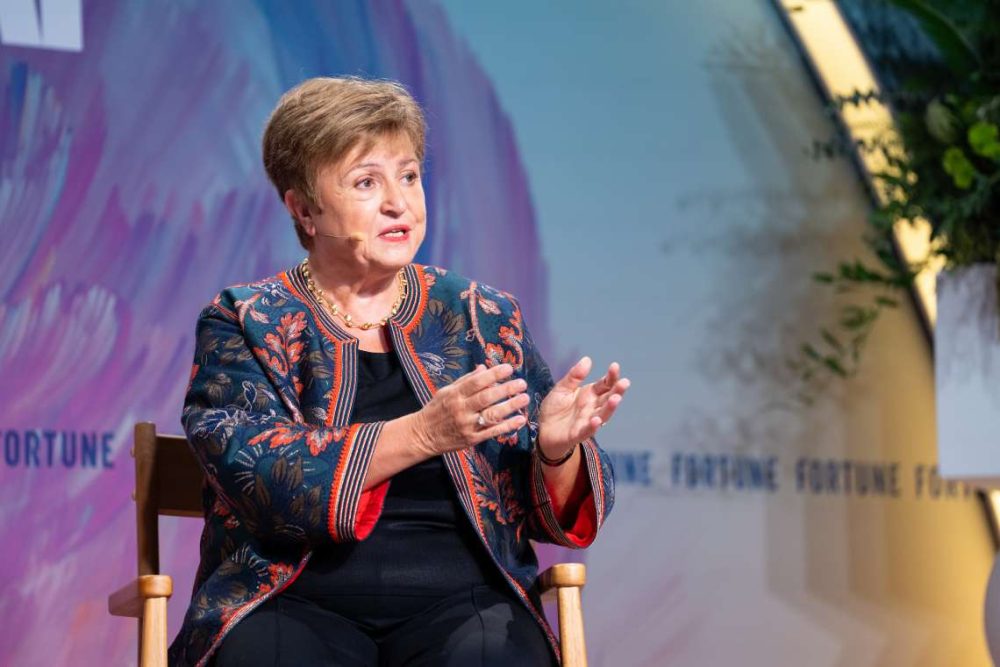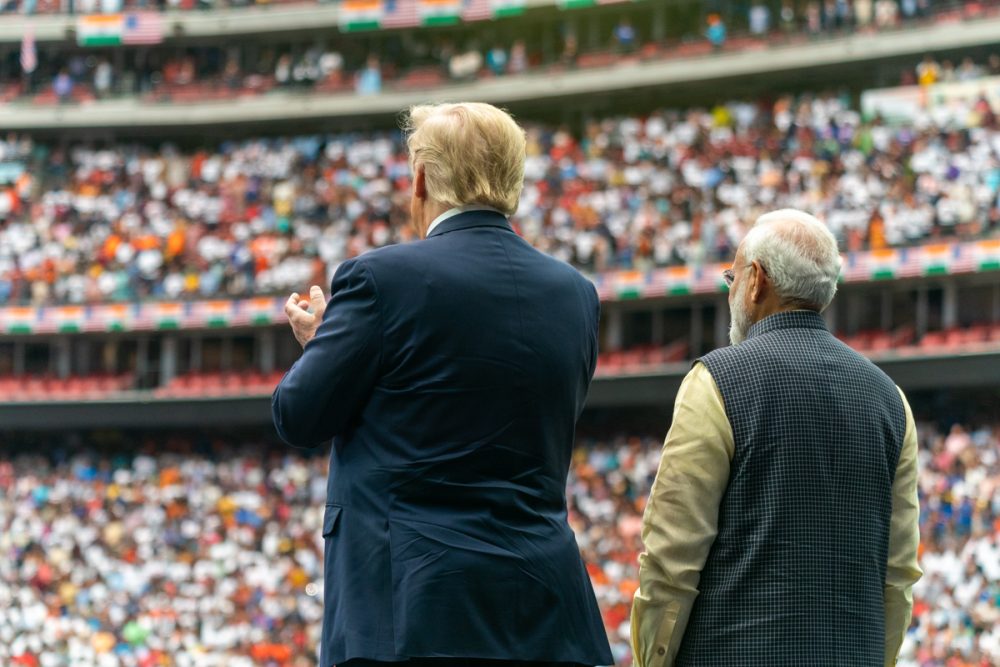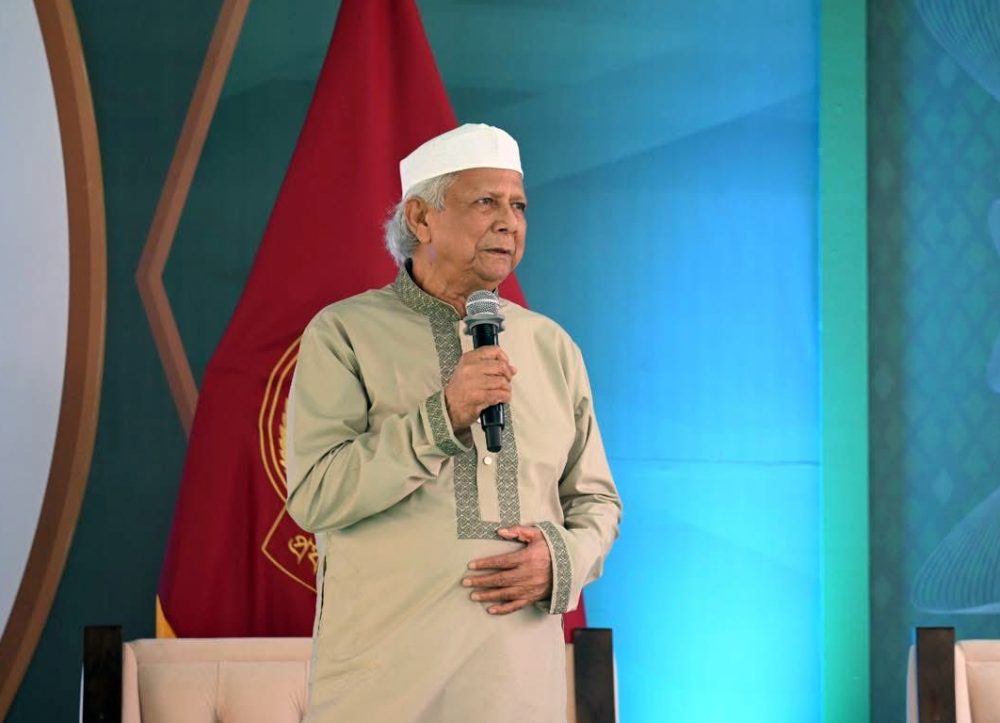The Indo-US relationship has demonstrated resilience and is regarded by both nations as a pivotal partnership, writes Ranjit Kumar
Notwithstanding the US irritation over India’s assertion of strategic autonomy on expanding ties with Russia and Iran, the US administration views relationships with India as the most important partnership of the 21st century.
The two largest democracies cherish their growing ties as both have a common agenda to safeguard their values and promote rule of law across oceans.
In this backdrop, the outgoing Biden administration would be receiving Prime Minister Narendra Modi in the third week of September, with a welcome gift of landmark agreement on cooperation on semiconductor technology and development, which is PM Modi’s pet project and is expected to create an alternative supply chain and reduce dependence on China.
In the post-Cold War milieu, the two democratic powers have joined hands to face newly emerging challenges together. During the last one decade of PM Narendra Modi’s rule, the two countries have evolved the bilateral relationship to new heights, with two countries engaging not only in the defence sector but also from silicon chips to critical minerals, nuclear and space etc.
The US side has demonstrated its commitment to deepen bilateral strategic partnership by announcing on the eve of PM Modi’s visit the decision to cooperate with India in semiconductor technology.
This announcement signals US commitment to strengthening bilateral ties in various fields. During this visit, Prime Minister Modi is scheduled to participate in the four-nation QUAD summit on September 21 in Delaware, and he will also hold a bilateral meeting with President Joe Biden.
Significance of visit
The significance of Prime Minister Modi’s visit extends beyond bilateral relations; it also carries substantial implications for multilateral diplomacy. Taking place at the fag end of President Biden’s administration, this visit is anticipated to set the stage for the next US President’s visit to India in 2025, coinciding with India’s hosting of the forthcoming QUAD summit.
With both countries actively participating in the QUAD alliance as vital players in the Indo-Pacific region, India’s standing in the international community is poised for significant enhancement in the near future. The anticipated visit of the next US President to New Delhi will undoubtedly be a key highlight on India’s diplomatic agenda.
Over the past decade, under the leadership of Prime Minister Modi, the relationship between India and the United States has significantly deepened and evolved across various dimensions.
Both nations have recognized the mutual benefits of collaborating to address shared strategic challenges, both bilaterally and within multilateral frameworks. The US has played a pivotal role in enhancing India’s defence capabilities, while India has emerged as a key player in multilateral alliances such as the Quadrilateral Security Dialogue (QUAD).
This partnership positions both countries to act as a positive force on regional and global stages. The US has extended its cooperation to India in critical areas such as defence, semiconductor technology, and essential minerals, paving the way for a relationship that resembles that of alliance partners, even if this status is not formally acknowledged by either side.
In the realm of strategic initiatives, India and the US are collaboratively developing a new roadmap to tackle common challenges. As both nations work closely within the QUAD framework and present a united front against the expansionist policies of China, these two Indo-Pacific powers are poised to elevate their relationship to unprecedented levels, exemplifying the strength of their strategic partnership.
Willingness of India and the US to walk hand in hand
In light of their long-term strategic and economic objectives, the two prominent Indo-Pacific nations are cultivating a partnership that are drawing attention from all Asian and European powers.
This dynamic is underscored by the willingness of both the US and India to overlook temporary setbacks in their relationship, as the US acknowledges India’s strategic imperatives.
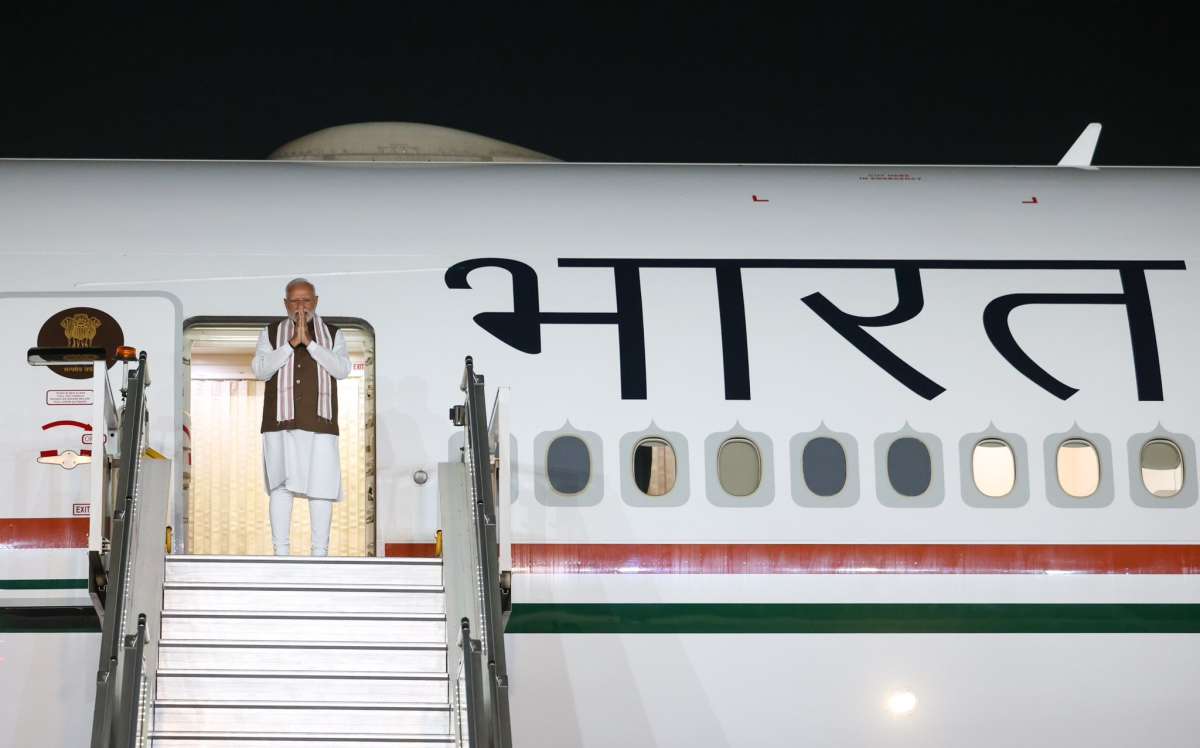
A significant concern for India regarding the US is the presence of Khalistani separatists, who benefit from sympathetic law enforcement agencies in the US.
India has consistently urged the US administration to restrict the political space to these anti-India factions. On the other hand, the US has experienced a cooling in Indo-US relations due to India’s position on Russian oil and its disregard for sanctions against Russia.
However, Prime Minister Modi’s forthcoming visit to the United States, to be followed next month with his participation in the BRICS summit to be held in Russia in October, will demonstrate India’s strategic autonomy.
Geopolitical realities compel both nations to set aside their differing national positions on various issues that impact their respective interests. Nevertheless, India and the US view each other as essential allies in promoting their national interests on both bilateral and international stages, and they are committed to enhancing each other’s capabilities across multiple sectors.
Conclusion
Over the past decade, India and the US have made significant strides in eliminating tech-barriers and facilitating smoother interactions between the two nations. The US administration has actively encouraged the Indian government to overcome historical hesitations, a sentiment echoed by Prime Minister Modi during his address to the US Congress in 2015.
This encouragement has fostered closer ties in defence and strategic sectors, paving the way for enhanced bilateral trade, which has surged to an unprecedented level of over $200 billion, particularly following the opening of trade in sensitive dual-use high-tech products.
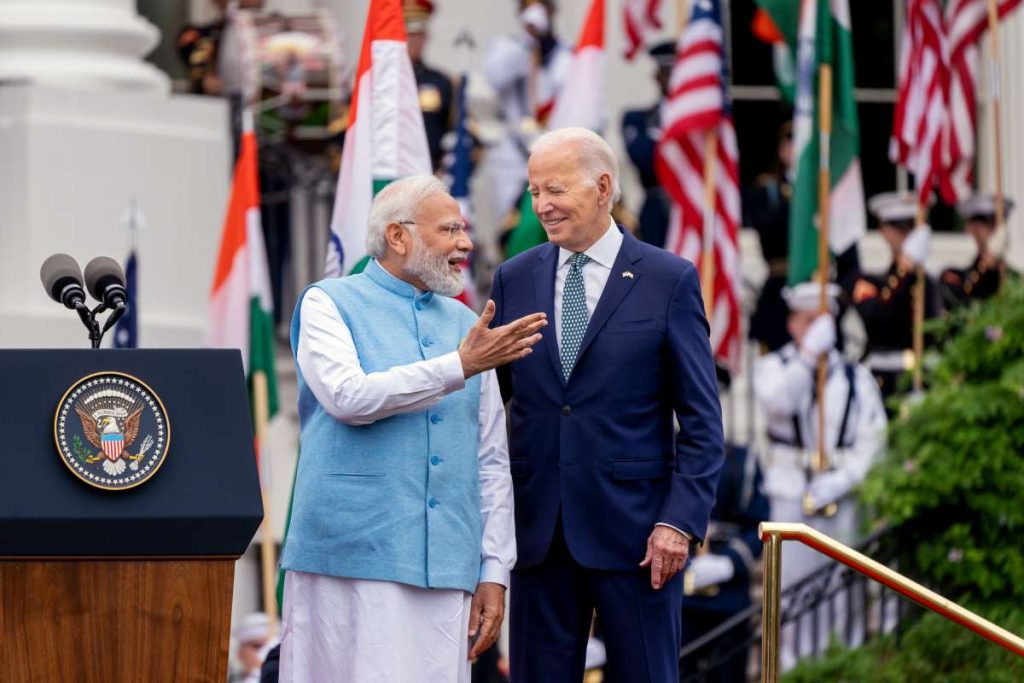
Defence, once a restricted area until the early 2000s, now exemplifies the deepening relationship between the two countries. As both nations confront the challenges posed by China, the US is supporting the Indian armed forces to effectively address border issues with China.
In light of the shared security and economic challenges arising from the South China Sea, India and the United States have been collaboratively developing strategies to present a unified front against the Chinese threat.
The urgency to align their geo-strategic and geo-economic policies has never been more pronounced than it is today. At both bilateral and multilateral levels, India and the US are formulating programs and strategies to tackle evolving challenges, thereby advancing their respective national interests.
As two prominent democracies, they are poised to stand together from the Indian Ocean to the South China Sea, for regional stability and committed to safeguarding their national interests against external pressures. PM Modi’s visit would reaffirm the deepening partnership between the two nations.
(The writer is a senior journalist and strategic affairs analyst; views expressed here are his own) – India News Network


